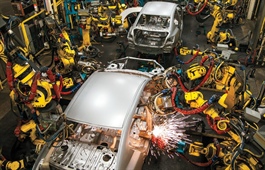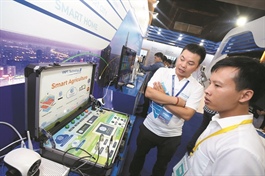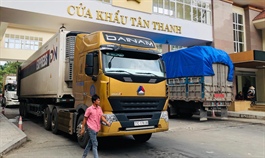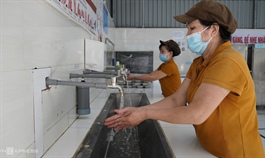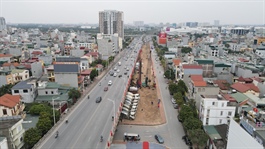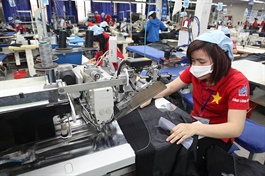Vietnamese startups among Forbes Asia 100 to Watch
Vietnamese startups among Forbes Asia 100 to Watch
They have contributed to addressing problems such as improving transportation in congested cities, expanding affordable connectivity in remote regions, and preventing food waste.
Four Vietnamese startups have made it to the Forbes Asia 100 to Watch list, which spotlights notable small companies and startups on the rise across the Asia-Pacific region
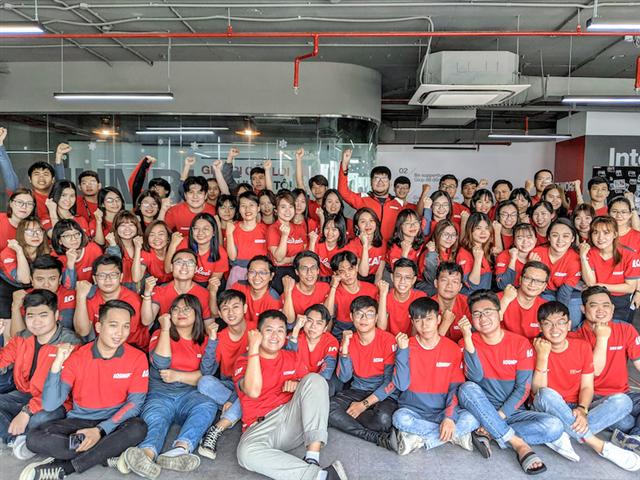
Loship's team. Photo: Loship
|
This list included Logivan and Lozi in the category of logistics & transportation, Mead247 in the biotechnology & healthcare field, and Hoozing in the category of finance. While economies worldwide are struggling from the pandemic, these agile companies are on a growth path, Forbes Asia noted.
Lozi, a fast-growing one-hour-delivery e-commerce platform, has provided food, grocery, and express delivery services for people during the enforcement of the social distancing rules in many locations across the country.
Trung Hoang Nguyen, CEO of the Loship, told The Hanoi Times that: “We work to ensure that all essential needs of people are met normally and that there are no cracks in the supply chain in times of social distancing.”
The startup also recruited more drivers to make life easier for the underprivileged, giving them the opportunity to earn extra income. A lot of them don’t have stable jobs and mostly depend on their families, he added.
As many brick-and-mortar retailers find it hard to go online as they don't use technology, the startup has set out to make the transition process as easy and hassle-free as possible, creating solutions to help merchants easily run and scale their businesses.
“These mom-and-pop stores are like the economic spurs of Vietnam, and we’re here as an online-to-offline platform that bridges the gap between the two,” Trung said. “We facilitate the digitization of over 80,000 Vietnam’s mom-and-pop shops, which bear the brunt of Covid-19.”
The four-year-old startup has also partnered with local charities and nonprofits to deliver free meals and essentials to the needy, quarantined areas, and frontline organizations. “We will continue to double up our efforts as there are more people who need our help right now,” he underlined.
It is one of the reasons why Lozi and other startups are selected to the list. They have contributed to addressing problems such as improving transportation in congested cities, expanding affordable connectivity in remote regions, and preventing food waste, according to Forbes Asia.
The final 100 were selected from over 900 submissions and 17 countries and territories have a representative in the list. To qualify for consideration, companies had to be headquartered in the Asia-Pacific region, be at least one year old, privately owned, for-profit, and have no more than US$20 million in its latest annual revenue or total funding through August 1.
Forbes Asia evaluated each submission, looking at metrics such as a positive impact on the region or industry, a track record of strong revenue growth or ability to attract funding, promising business models or markets, and a persuasive story.



